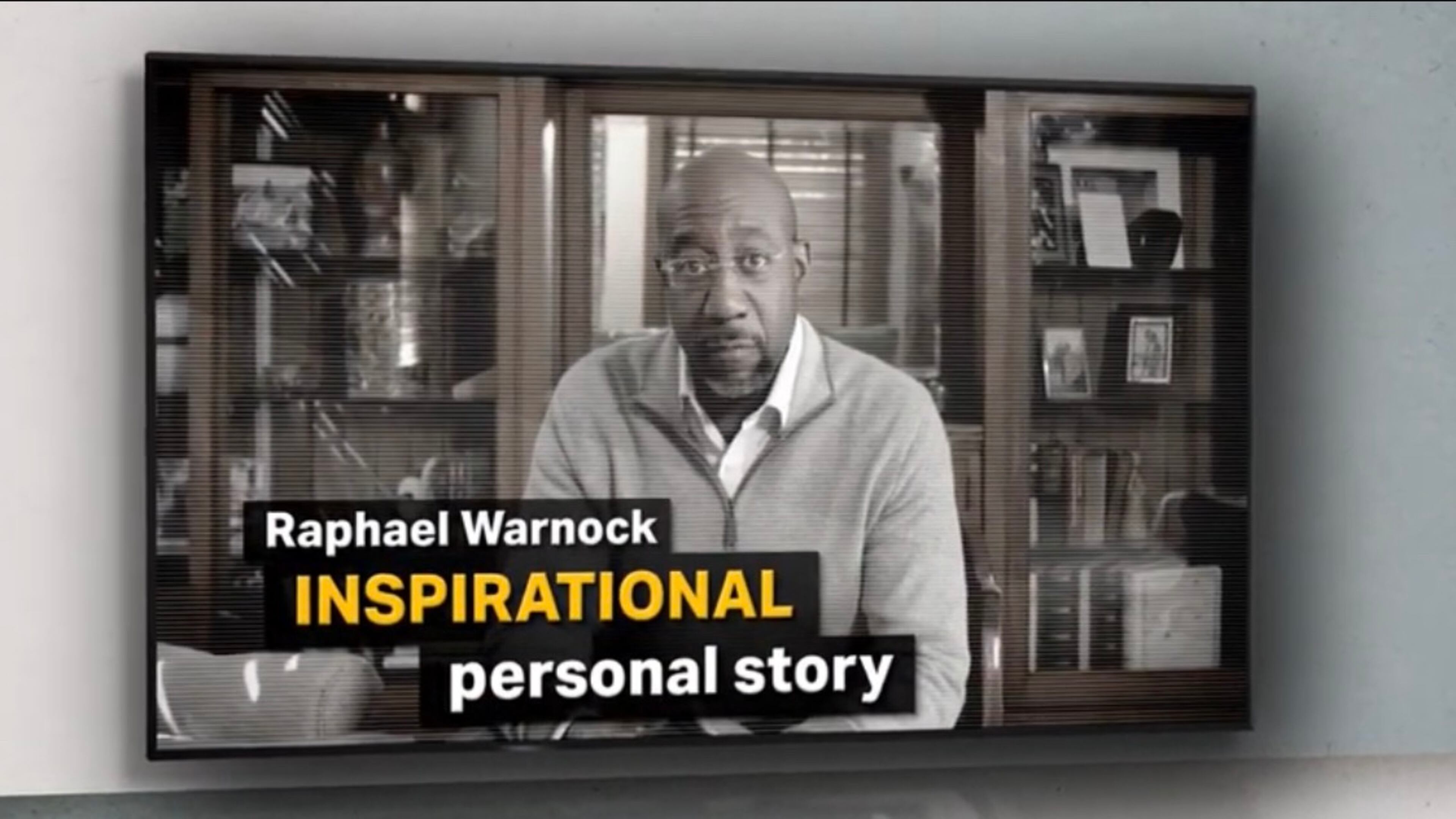A different GOP approach to Warnock? A new ad telegraphs strategy

Republicans spent tens of millions of dollars during the 2020 campaign pillorying Raphael Warnock as a “radical liberal” unfit to serve Georgia in public office. He still won a special election that helped flip control of the U.S. Senate to Democrats.
Now the National Republican Senatorial Committee is taking a different initial approach. The powerful Washington-based group isn’t opening its first significant ad buy in the 2022 race with an attack on Warnock’s character. Instead, the group’s 30-second spot essentially argues he’s a good guy whose voting record is bad for Georgia.
“His personal story? Inspirational,” the narrator says. “His story as a senator is the problem.”
The ad goes on to link Warnock to President Joe Biden, who narrowly won Georgia in 2020 but now faces nose-diving approval ratings in the battleground state. Warnock votes with Biden “95% of the time,” the ad says, warning his policies are “wrong for Georgia.”
Beyond the messaging, the ad also reflects a strategic shift. In the last cycle, Republicans waited until the runoff to pepper Warnock with sustained volleys of bruising attacks. In this one, they have started the bombardment earlier.
The GOP group has already booked tens of millions of dollars worth of Georgia ads in the final weeks before the November vote, which could again determine control of the Senate. It is spending about $1.2 million to air this ad over the next two weeks.
Mindful of GOP efforts to tie him to Biden and rising inflation, Warnock has taken steps to emphasize his proposals to suspend the federal fuel tax and punish price gougers. He’s also pressured Biden on several key fronts, including calling for him to forgive student loan debt.
The GOP ad is airing days before the Republican Senate primary will be decided. Former football star Herschel Walker is expected to easily win the nomination over five other GOP candidates, and he’s already geared his campaign toward a general election matchup against Warnock.
Though the ad telegraphs a different GOP strategy, it doesn’t necessarily mean the end of the “radical liberal” rhetoric. The NRSC and other Republican groups have the time and financial resources to return to that narrative if they see it as more effective.

